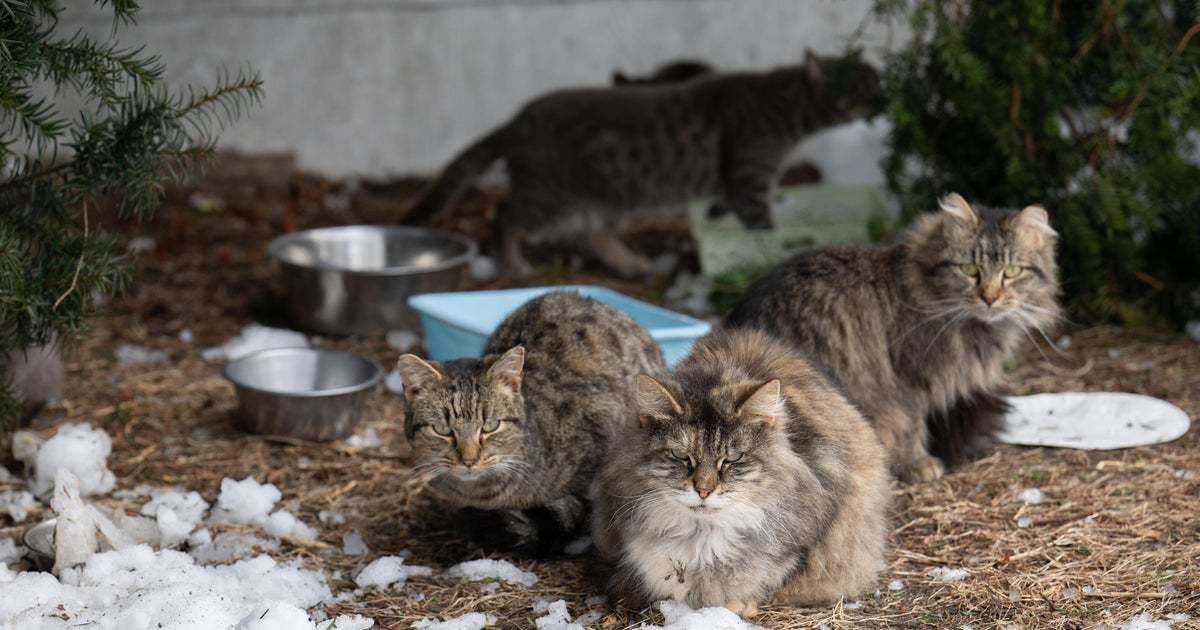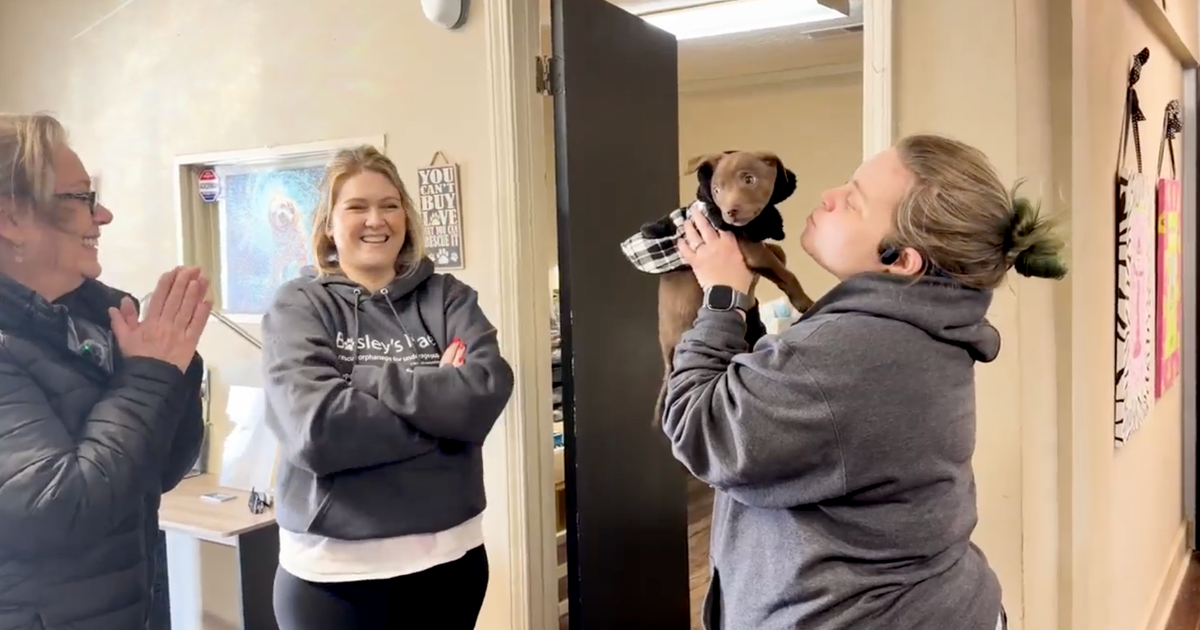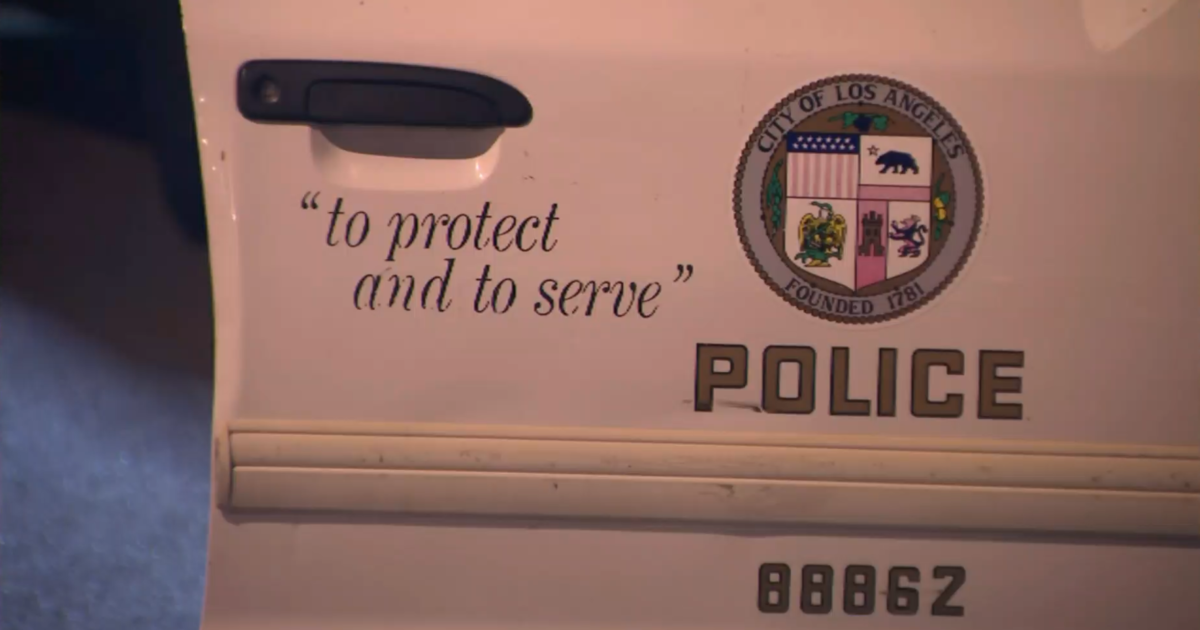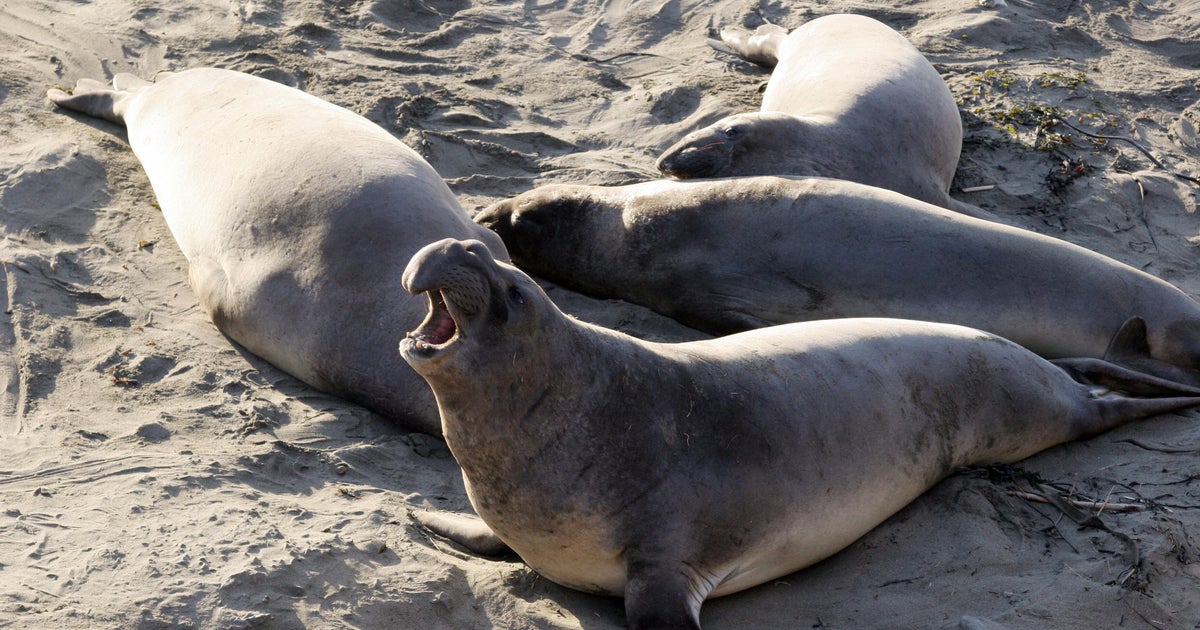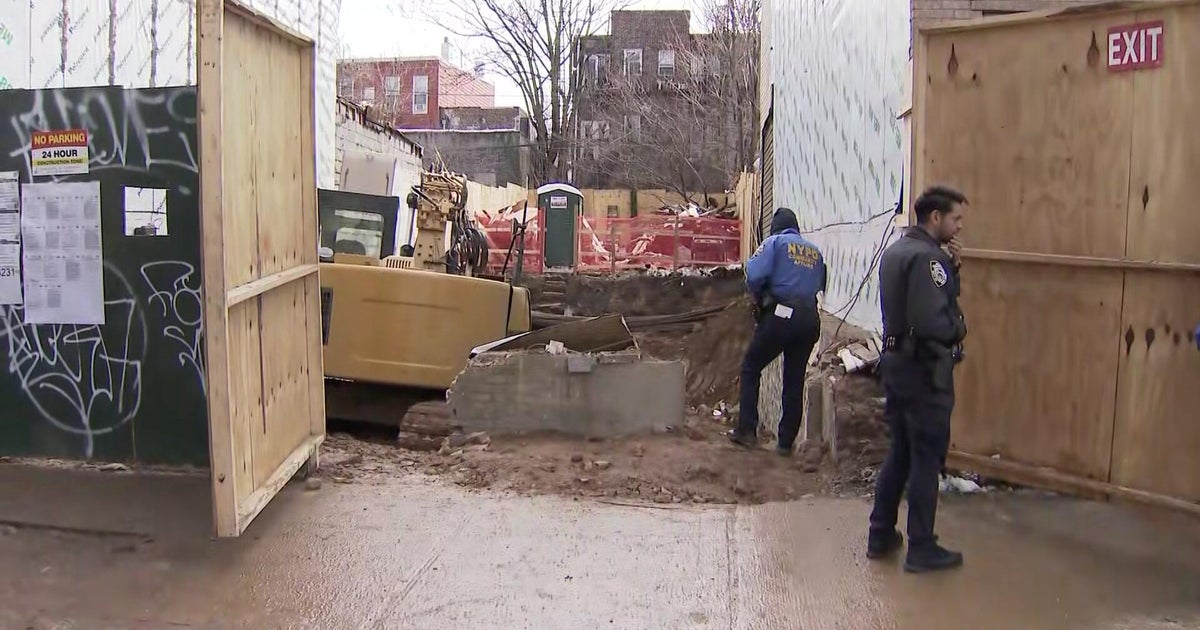Canine Blood Donors Help Injured, Sick Animals
By MARIE GILBERT
The Herald-Mail of Hagerstown
FUNKSTOWN, Md. (AP) -- There's a golden retriever, an English springer spaniel, a Doberman and a handful of mixed breeds.
But several times a year, they all become blood hounds.
The dogs are part of a program that gives the gift of life to an injured or sick animal. They are blood donors.
As often as every seven weeks, the area dogs arrive at the Animal Health Clinic of Funkstown, roll up their paws and provide between 8 and 16 ounces of blood.
Over a year's time, the dogs will produce enough samples to save the lives of more than 40 dogs.
They are volunteers in the Canine Blood Donor Program, organized by the Blue Ridge Veterinary Blood Bank, based in Purcellville, Va.
The blood bank has been in existence since 1993 and ships to more than 600 animal hospitals in the United States and Canada.
The Animal Health Clinic of Funkstown is the only donation site in Washington County, said Rebecca Chupak, the clinic's senior customer service representative.
The clinic has participated in the program since 2003, she said. "We decided to become a donation site because we have seen firsthand emergencies where blood transfusions are necessary to save a dog's life. We also support the idea of voluntary blood donations."
In the past, Chupak noted, facilities bred dogs specifically for the purpose of blood donation.
"There are cases of it still happening today," she said. "These are animals that live in cages and are brought out when it is time to collect a sample. After the sample is collected, they are put back in the cage until they are needed again. Sounds barbaric."
The Blue Ridge Veterinary Blood Bank, on the other hand, is a firm believer in only utilizing voluntary donors.
"The dogs they use are people's pets, loved and cared for in a home environment by their families," Chupak said.
According to the blood bank, transfusions are necessary when blood is lost following an accident or during surgery. They also are needed when a dog's body cannot produce enough red blood cells by itself or when diseases cause the body to destroy its own red blood cells.
"The donation of a dog's blood means saving the lives of other animals," Chupak said.
And the demand for blood products continues to increase.
"For instance, in one month, the Blue Ridge Veterinary Blood Bank sent shipments containing four or five samples each to 200 hospitals nationwide," she noted.
Chupak said all blood taken from local pets is transported to the blood bank, where it is spun down and separated into plasma and red blood cells. It is stored there until it is needed by a veterinarian and then shipped over night to the facility.
Just as humans have blood types, so do dogs. According to the Blue Ridge Veterinary Blood Bank, there are eight major blood groups in a dog, labeled as DEA - dog erythrocyte antigen - 1 to 8. The major antigens are DEA 1.1 and DEA 1.2. Dogs can be positive for either (not both) or negative for both. Positive dogs can give to other positive dogs, negative dogs can give to either negative or positive.
Locally, Chupak said there are only a handful of dogs currently serving as donors and the Animal Health Clinic's goal is to increase the number of volunteers.
"We strongly believe in this cause," she said. "Rest assured, we receive no kickbacks from the BRVBB, just the satisfaction of knowing we are able to help pets in one more way."
When the program first started in Washington County, Chupak said "we had a wonderful response. But those donors are now too old to participate. We really would love to get more animals and their owners involved."
To become a canine blood donor, Chupak said there are some qualifications. The dog must weigh at least 35 pounds and be between the ages of 9 months and 7 years. It must be up to date on vaccines and heart worm prevention and cannot be on any long-term medications (pain medication, thyroid or seizure meds, for
instance). The owner also has to be willing to make a yearlong commitment to bring their pet for donations every five to seven weeks.
During the first visit, Chupak said the dog will be blood typed and have blood drawn to run the necessary tests to make sure the pet is healthy.
"If all goes well," she said, "at subsequent visits, the pet is laid on its side and is fed treats while the blood is drawn. If for any reason, the pet is not completely at ease with the process, the doctor and technician will stop what they are doing. Afterward, the pet is fed more treats to ensure a positive experience."
The cost to the owner of the pet?
"Zero, nothing, nada," Chupak said. "In fact, if the donor pet would ever be in need of a transfusion, the blood product itself is free or discounted, depending on the length of commitment."
Donors also receive free yearly blood work at no cost to the owner and a free physical exam by the doctor at each donation. Each pet also is blood typed at no charge.
To know more:
Persons interested in receiving more information about the Canine Blood Donor Program should contact the Animal Health Clinic of Funkstown at 301-733-7579 or visit the website at www.funkstownvet.com.
Information also is available on the Blue Ridge Veterinary Blood Bank's website at www.brvbb.com.
(Copyright 2011 by The Associated Press. All Rights Reserved.)
